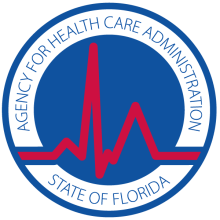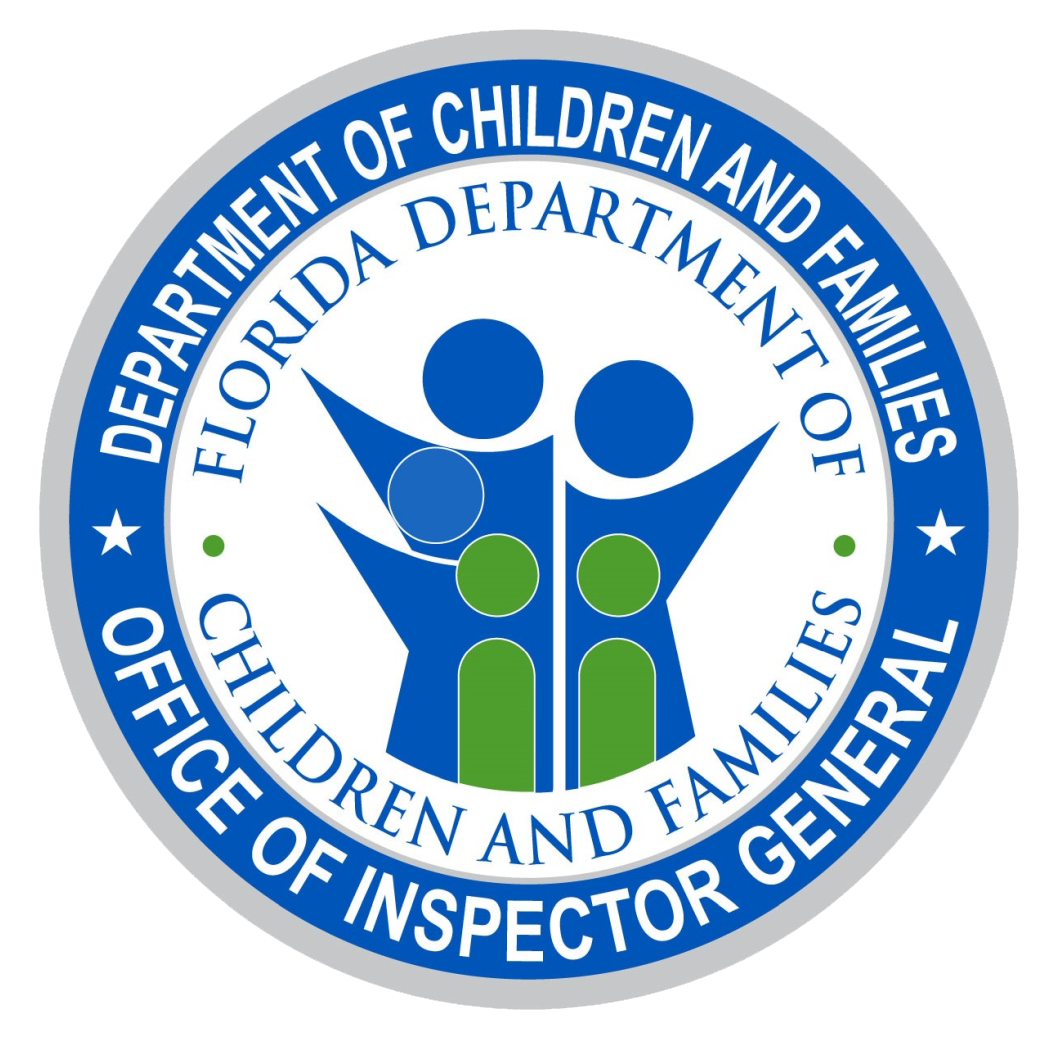
AREAS WE SERVE
Twenty years ago, an addicted mother of two, left her family and came to South Florida to get help for her drug problem. She found recovery, and twenty years later, she was joined by her children in opening Principles Recovery Center. We believe that treatment should focus on YOU, the client. We understand what it’s like because we’ve been there.
When you come to Principles Recovery Center you are getting treatment that focuses on your personal recovery. Our clinical, evidenced-based treatment approach and individualized treatment plans allow all those who seek help at Principles to get a program that focuses on long-term recovery.
Quality Addiction Treatment
PRINCIPLES RECOVERY CENTER
South Florida is a region known for its diversity, and we take pride in serving individuals from all walks of life, regardless of their background or circumstances. Our aim is to empower those struggling with addiction to reclaim their lives and build a foundation for lasting sobriety. With a combination of evidence-based treatment modalities and the natural beauty of South Florida as a backdrop, we offer a holistic approach to addiction recovery that helps individuals not only overcome their addiction but also rediscover their potential and purpose in life.
Miami
Miami is one of the nation’s largest metropolitan areas. Located in southwestern Florida, Miami and Miami Beach are popular destinations for tourists, spring break travelers, and retirees alike.
Boca Raton
Boca Raton is less than one hour’s drive from the cities beaches, clubs, and tourist hot spots. While beneficial in some ways, its proximity to larger cities can include challenges for addiction treatment
Fort Lauderdale
Seeking addiction treatment is a vital first step on your journey to recovery. When you are ready to overcome an addiction to drugs, it is important to choose a treatment center.
West Palm Beach
West Palm Beach is the oldest incorporated municipality in South Florida. Located approximately 68 miles north of downtown Miami, the city was incorporated two years before Miami.
Cooper City
Addiction is considered a chronic disease that often requires ongoing management and treatment to fully overcome. In a rehab program, individuals receive intensive, structured treatment designed to help them combat their addiction.
Dania Beach
Living in a place like Dania Beach, Florida, has many advantages. The sun, the sand, and the places to enjoy, but like anywhere else in America, addiction can still rear its ugly head. This is because no one is immune to addiction.
Pembroke Pines
Like all U.S. states and territories, Florida has its share of people affected by substance problems. In-state risks for these problems vary from substance to substance, as well as between age groups.
Plantation
Addiction is a powerful, complicated chronic disease requiring effective treatment to overcome. What’s important to note is that the right treatment program makes recovery possible.
Never Be Alone Again
Come Join Our Recovery Family
TOUR OUR SOUTH FLORIDA TREATMENT CENTER
Re-Discover Who You Are in
Recovery
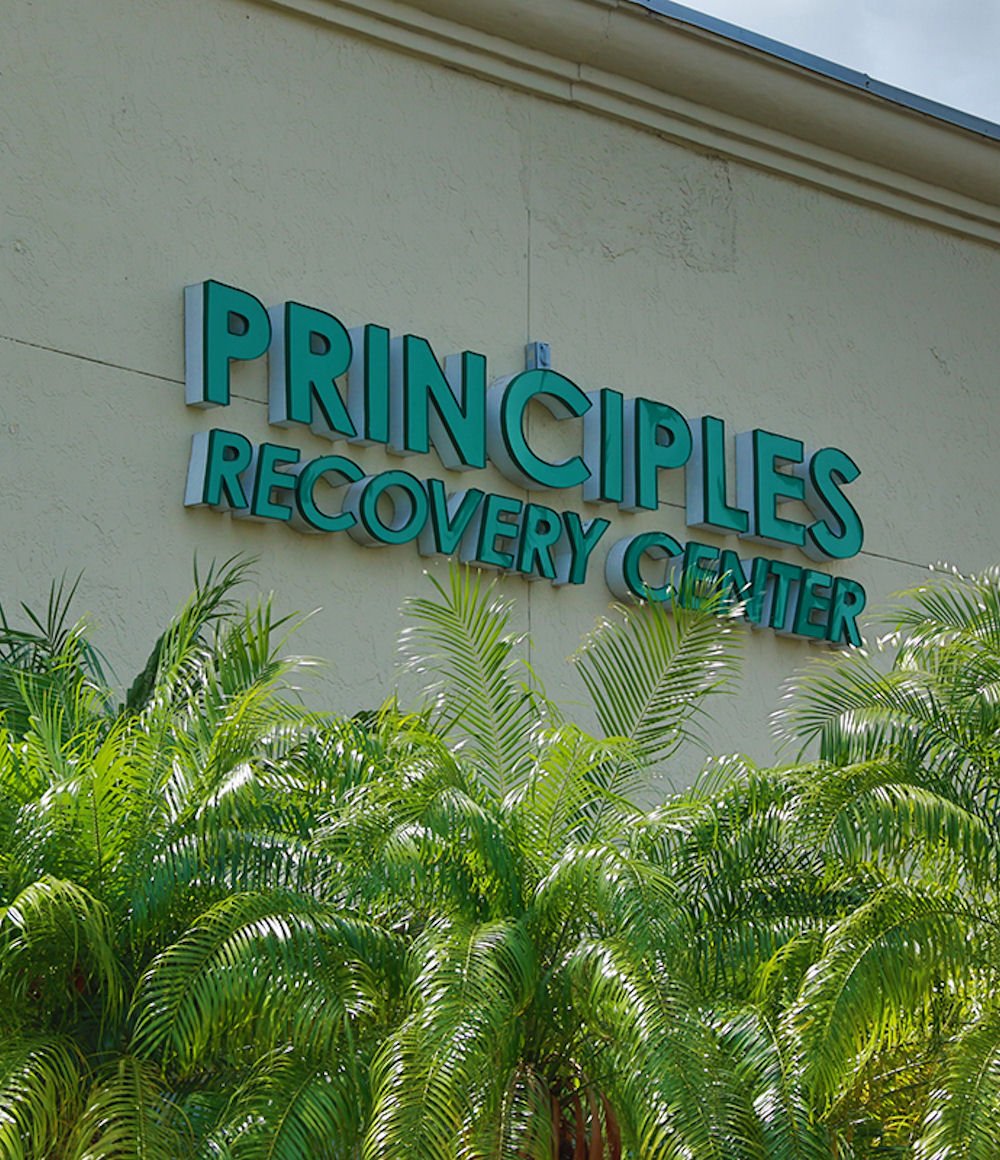
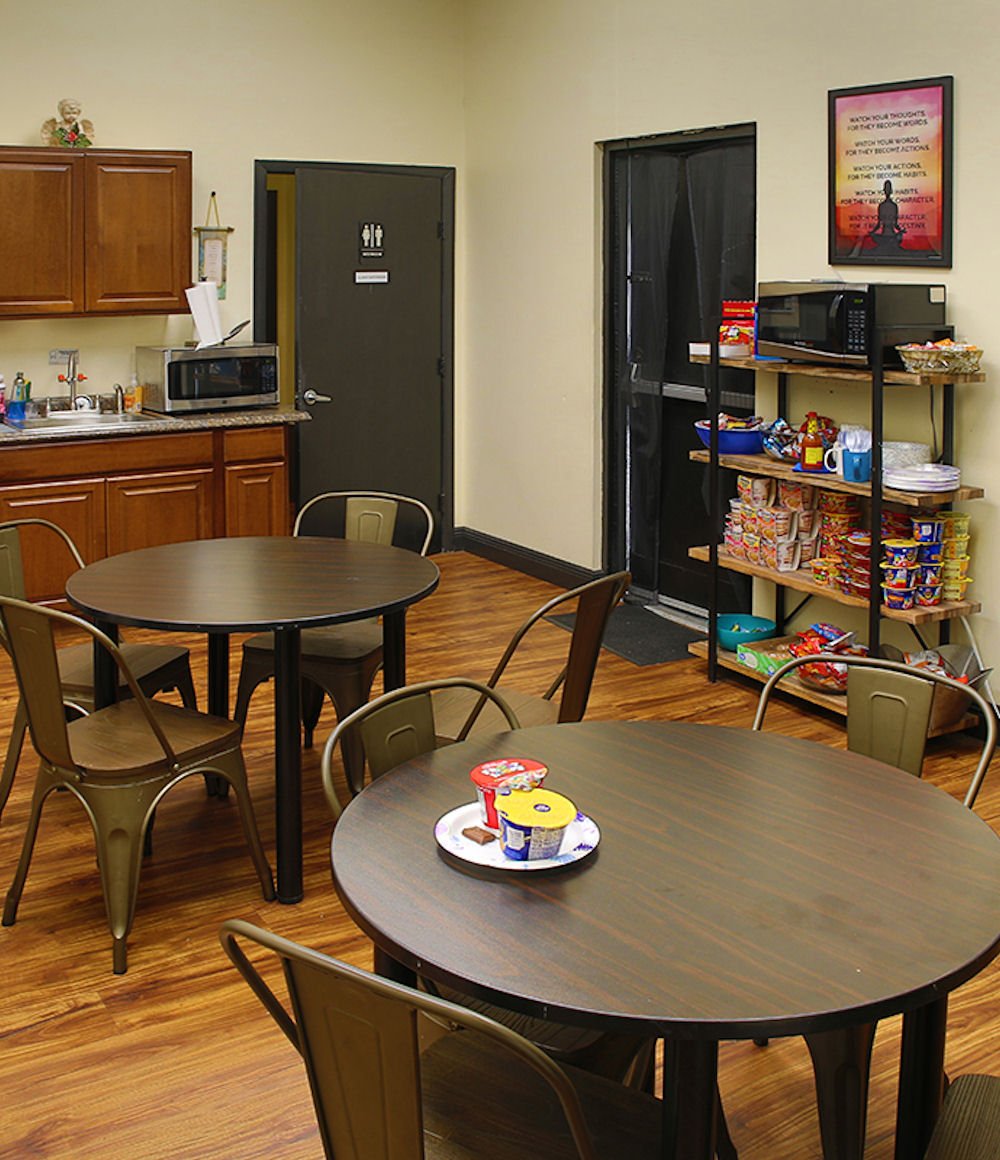
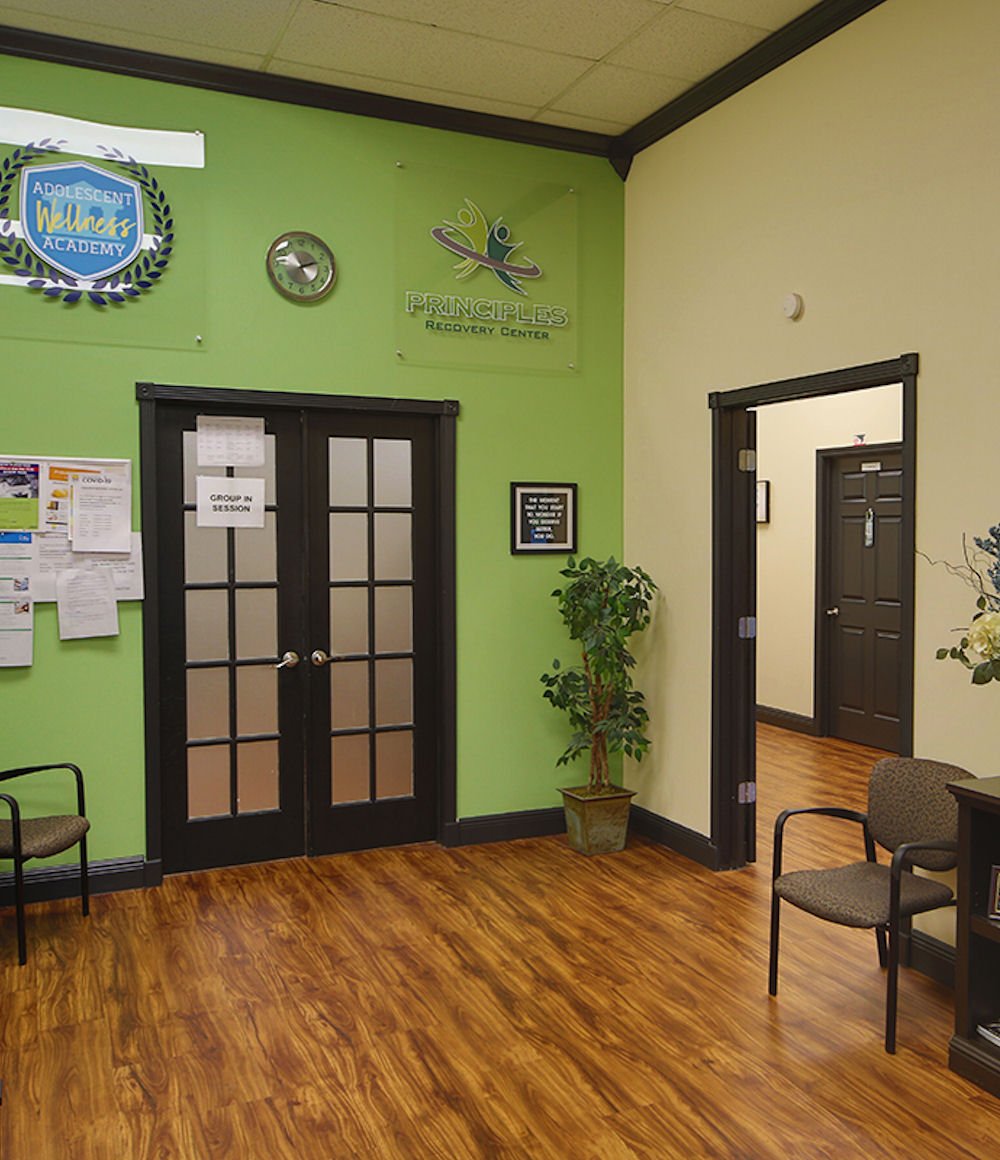

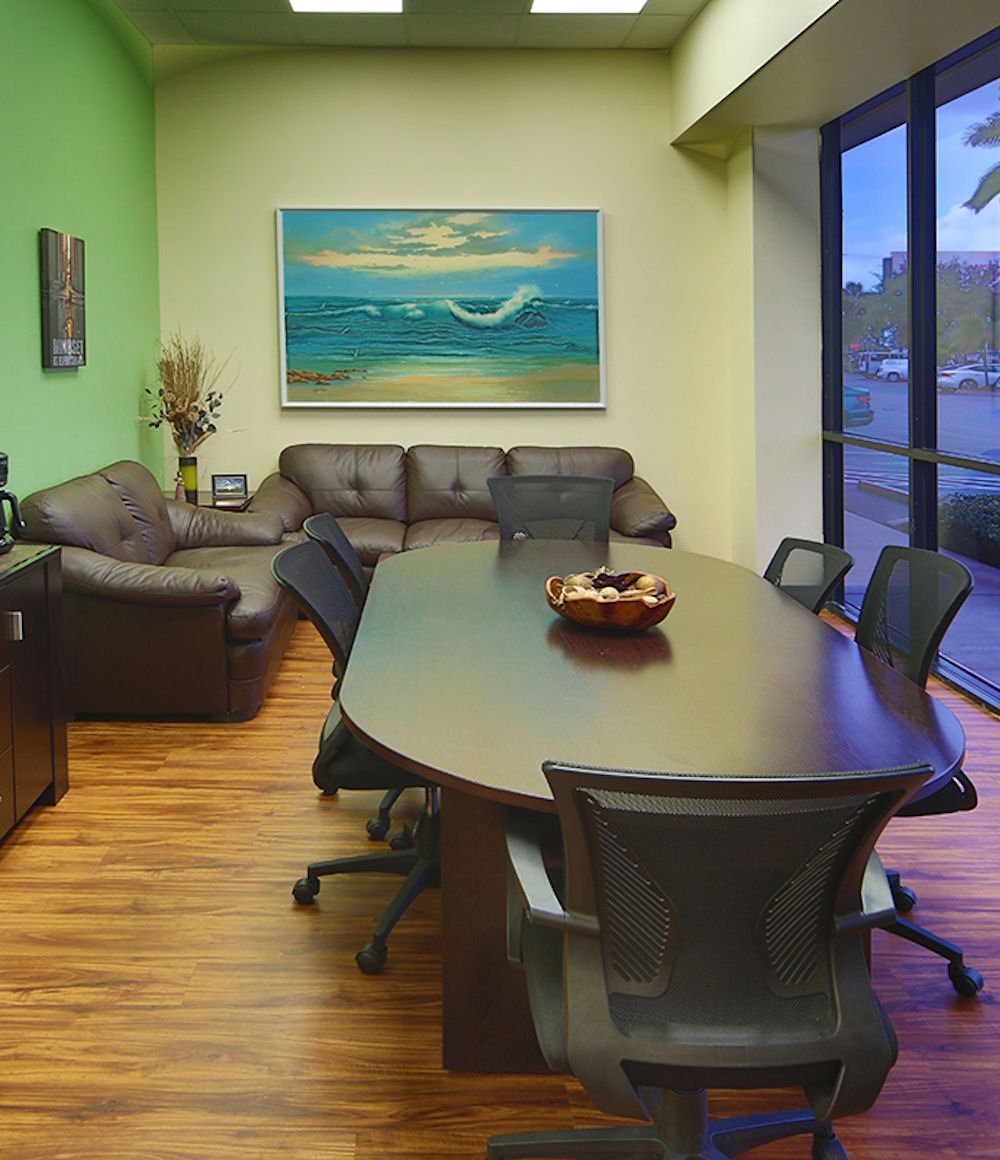
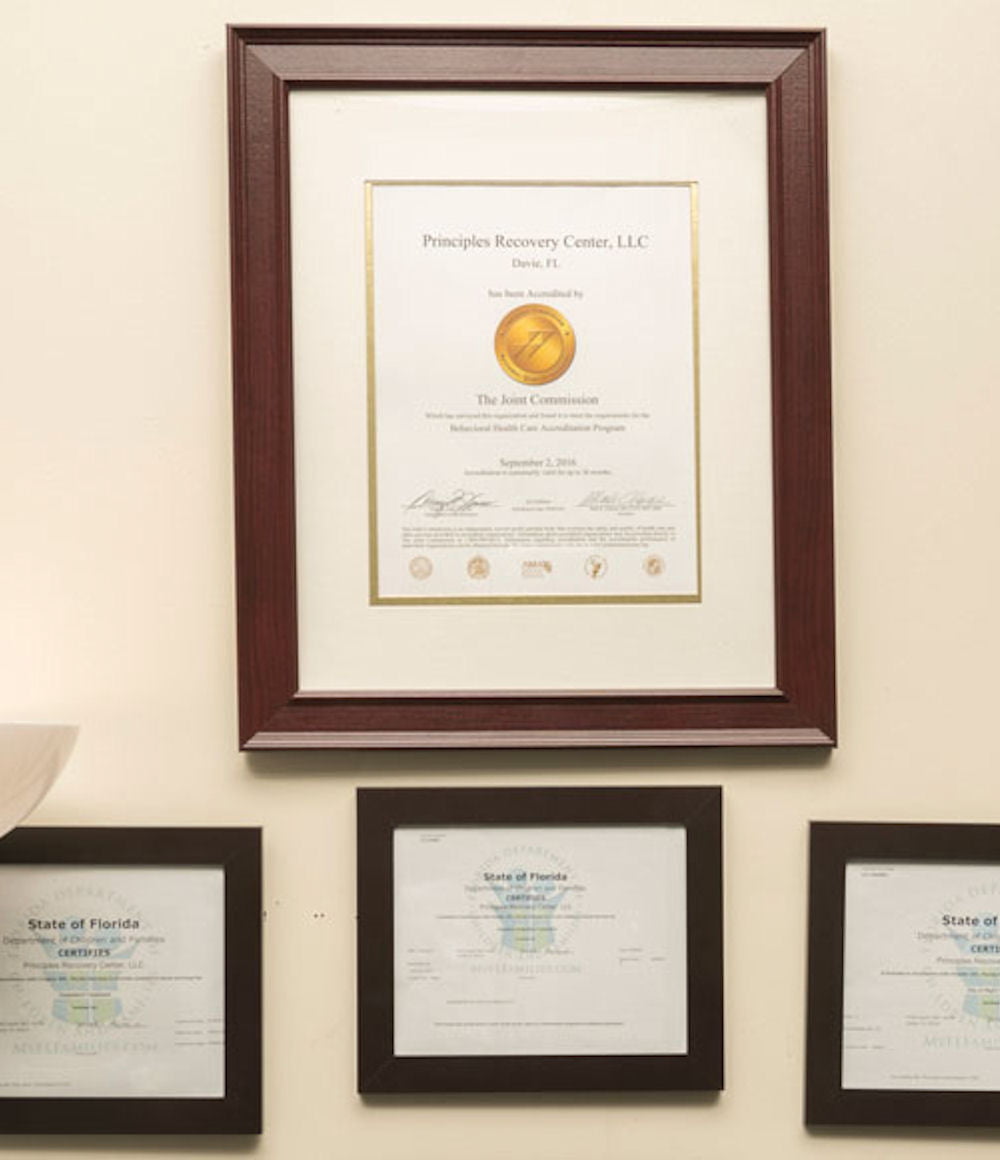
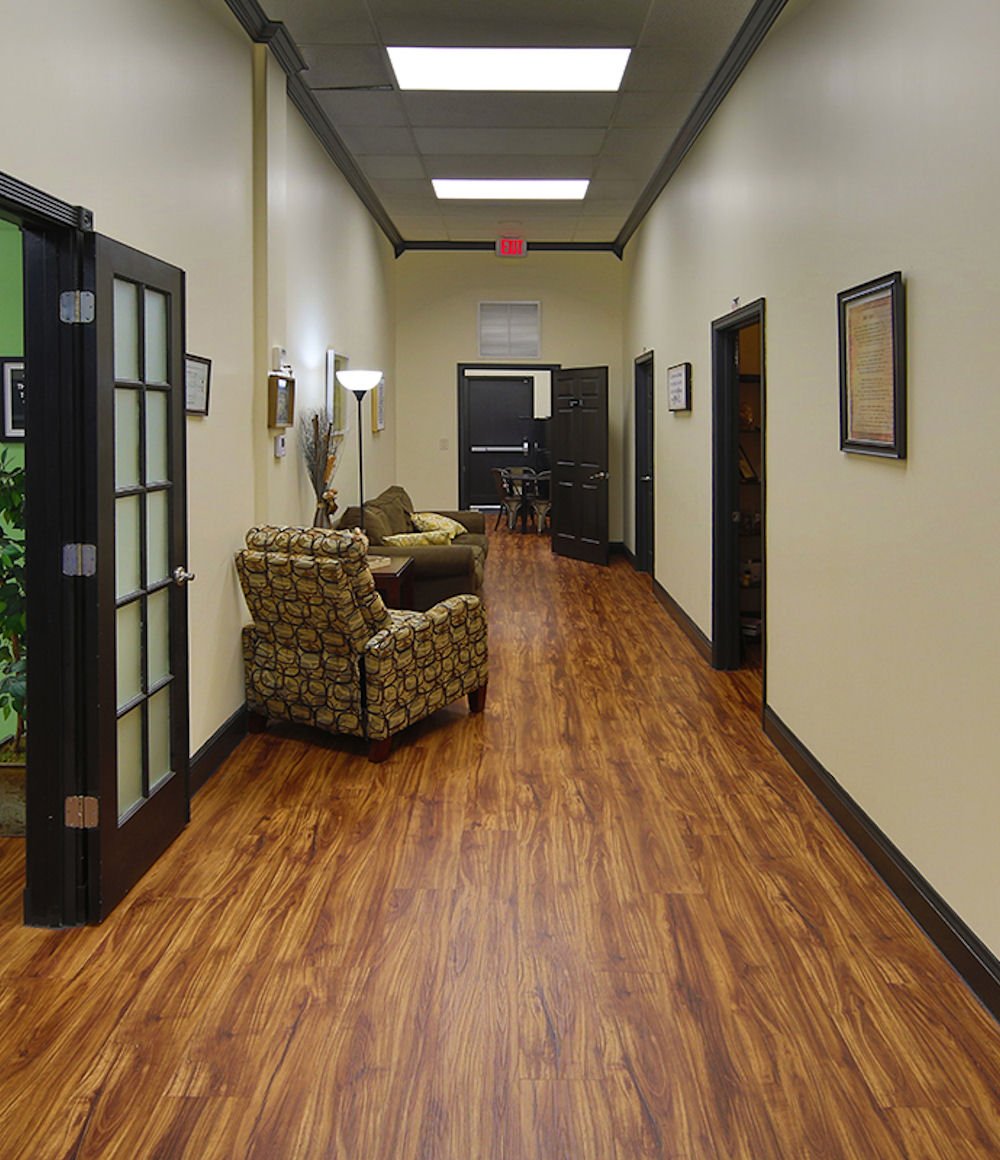
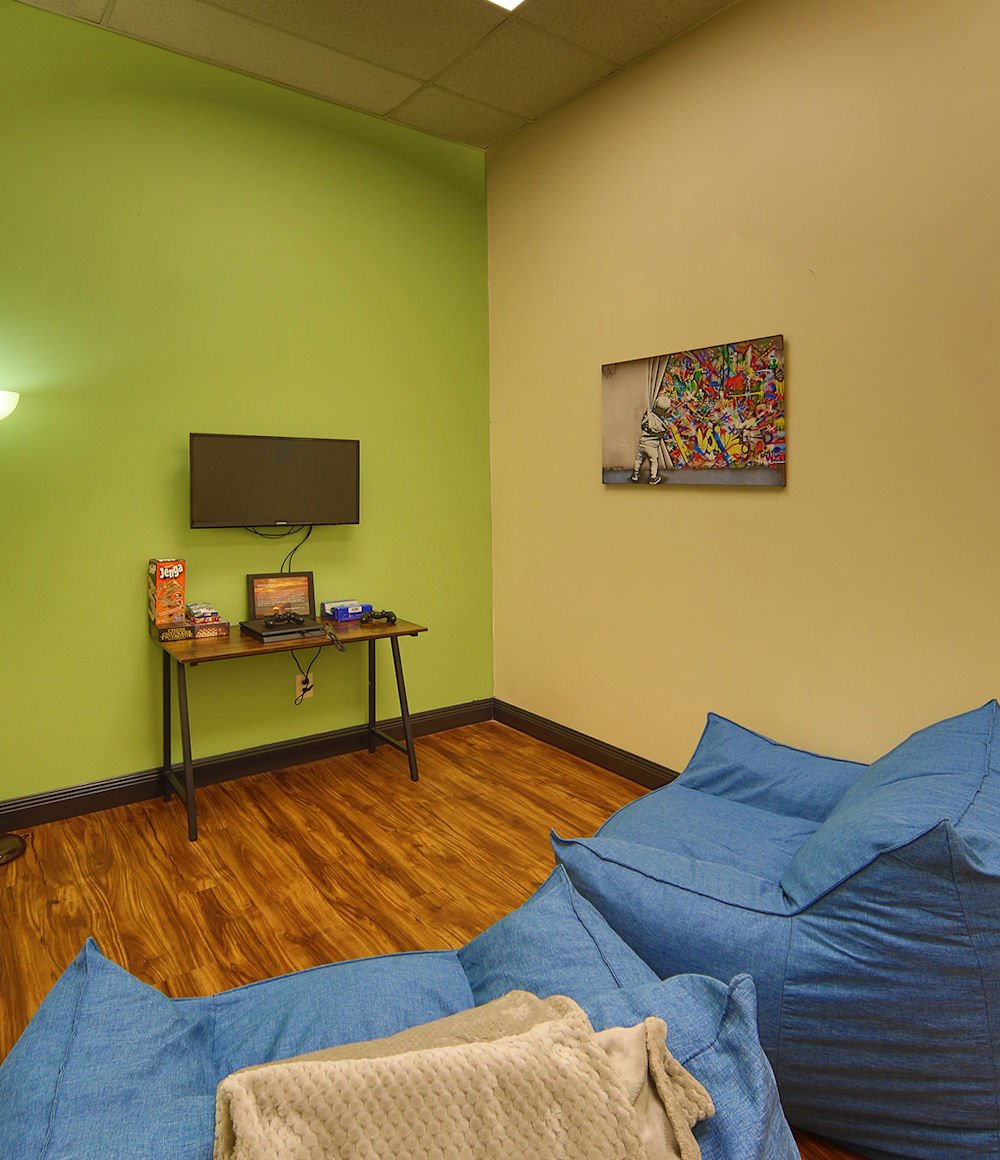
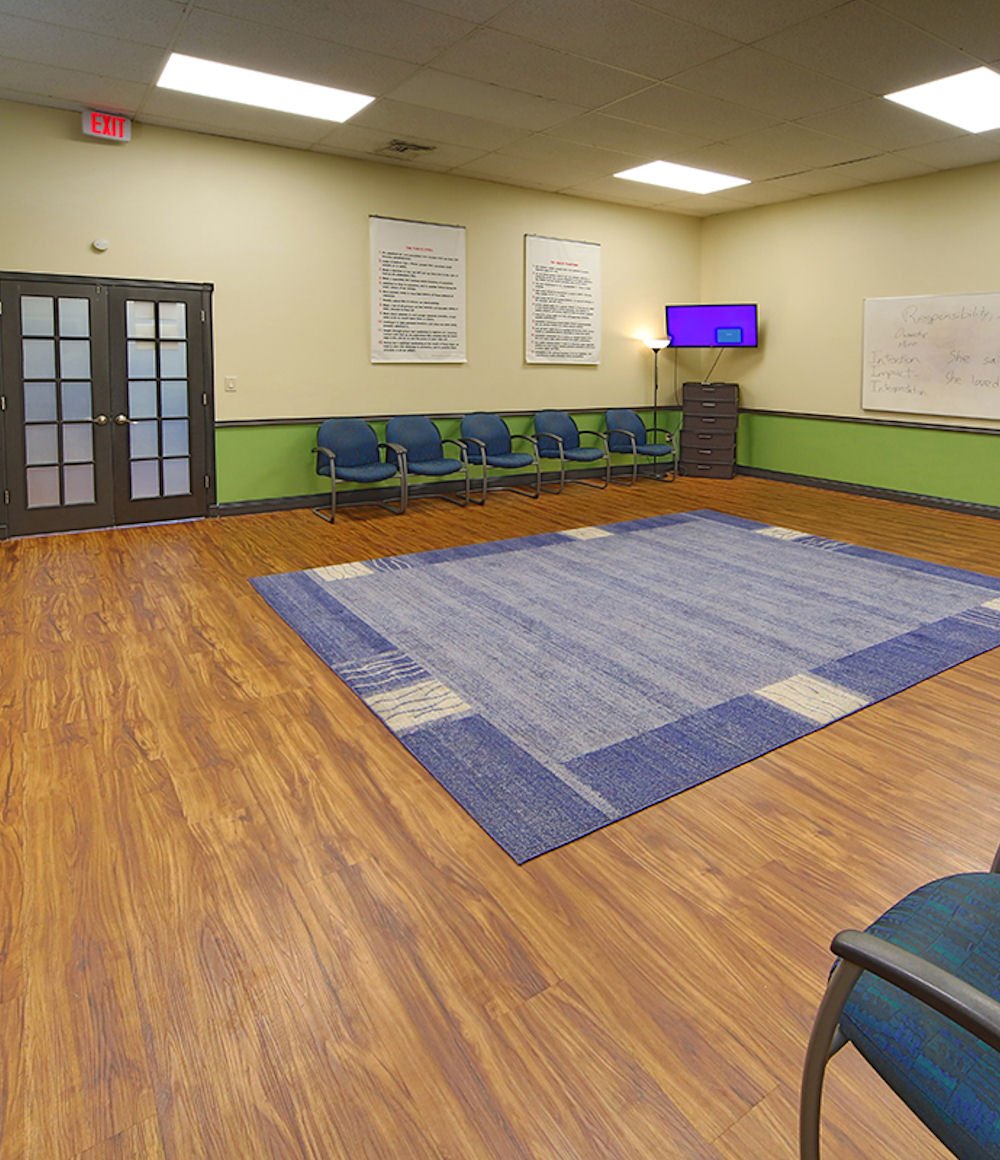
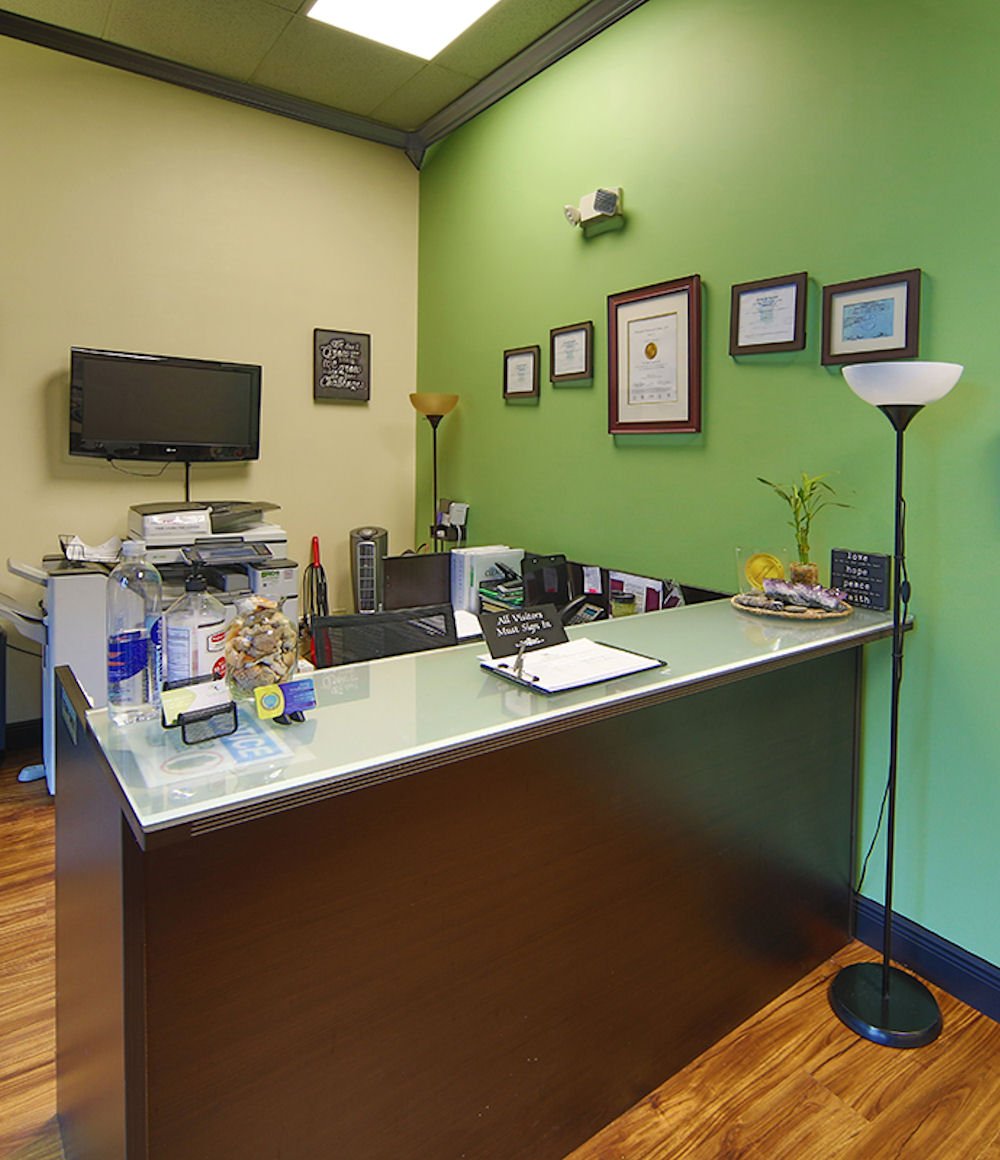
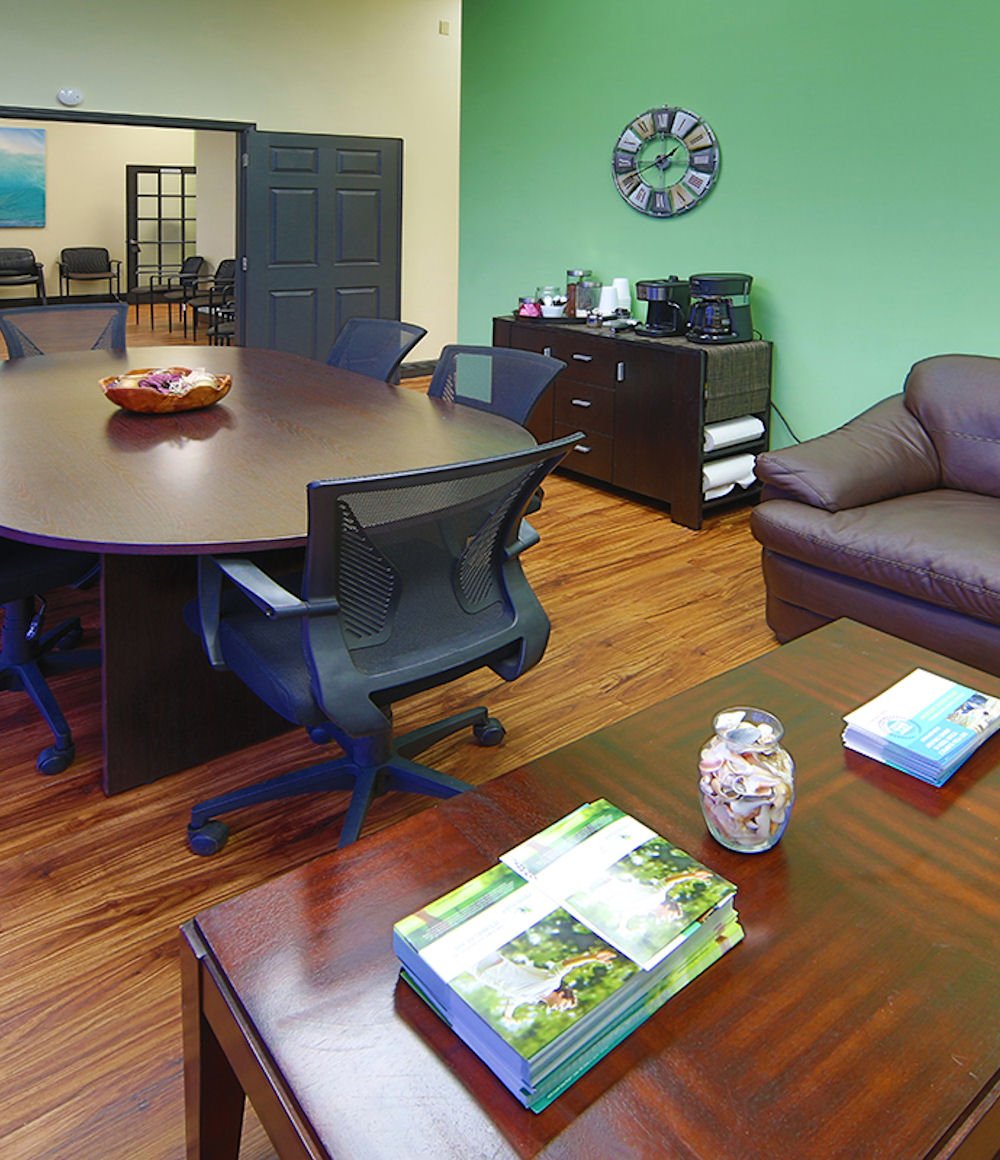
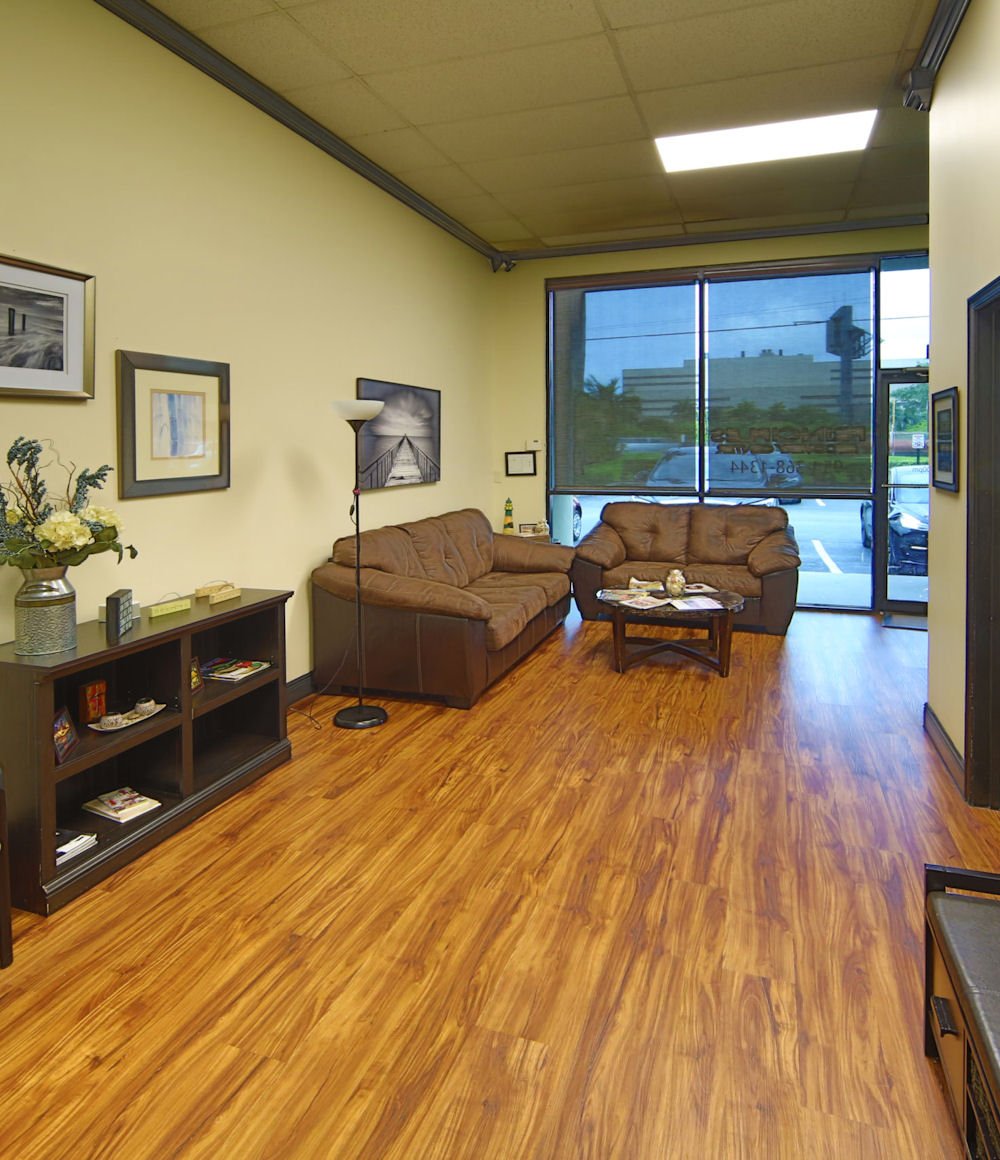
CREDENTIAL HIGHLIGHTS


